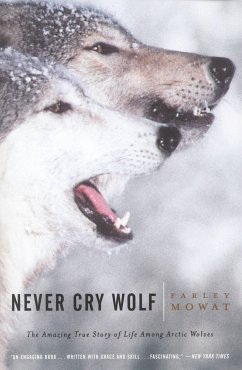
Nature and Bureaucracy
The Wildness of Managed Landscapes
Versandkostenfrei!
Versandfertig in 1-2 Wochen
169,99 €
inkl. MwSt.
Weitere Ausgaben:

PAYBACK Punkte
85 °P sammeln!
This book questions how bureaucracies conceive of, and consequently interact with, nature, and suggests that our managed public landscapes are neither entirely managed nor entirely wild, and offers several warnings about bureaucracies and bureaucratic mentality. One prominent challenge facing scientists, policymakers, environmental activists, and environmentally concerned citizens, is to recognize that human influence in the natural world is pervasive and has a long history. How we act, or choose not to act, today will continue to determine the future of the natural world. Western-style manage...
This book questions how bureaucracies conceive of, and consequently interact with, nature, and suggests that our managed public landscapes are neither entirely managed nor entirely wild, and offers several warnings about bureaucracies and bureaucratic mentality. One prominent challenge facing scientists, policymakers, environmental activists, and environmentally concerned citizens, is to recognize that human influence in the natural world is pervasive and has a long history. How we act, or choose not to act, today will continue to determine the future of the natural world. Western-style management of nature, mediated by economic rationality and state bureaucracies, may not be the best strategy to maintain environmental integrity. The question is, what kinds of human influence, conceived of in the widest possible sense, will produce ideal environments for future generations? The related question is, who gets to choose? The author approaches the problem of analyzing the mutual influence of human and natural systems from two perspectives: as an objective scholar investigating bureaucracies and natural systems from the outside, and over the last decade as an inside practitioner working in various roles in federal land management agencies developing policies and regulations involved in the control of natural systems. This book will be of great interest to students and scholars of natural resource management, policy and politics, and professionals working in environmental management roles as well as policymakers involved in public policy and administration.














